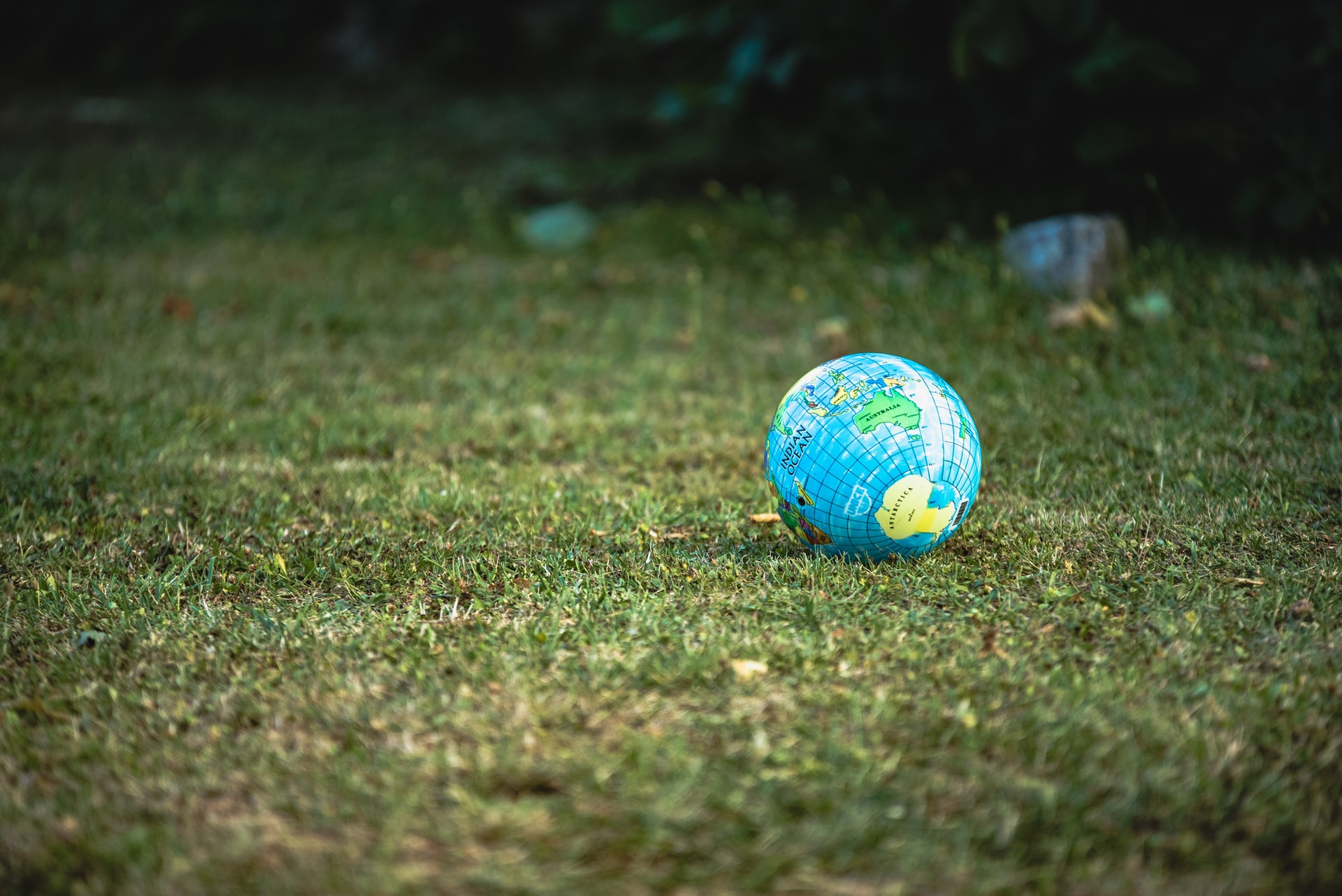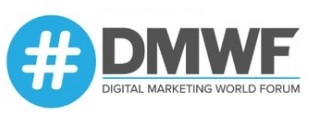
Few positives have resulted from the deadly coronavirus pandemic, but the effect on our Earth is unmistakable. Carbon dioxide emissions have decreased by 5%, and pollution is declining globally. The public’s response to this indicates that there will be a renewed energy toward sustainable initiatives. Once people can safely gather again and live events come back, it’s likely that a new level of concern for the planet will have taken hold, so experiential marketers should plan to evolve now.
Sustainable marketing solutions are the future of the events industry. Eco-friendly event strategies are typically inexpensive and curry favour with attendees, with 28% of people saying they prioritise brands with sustainable or ethical practices. This highlights the need for profitable and financially feasible event practices that marketers can use once events have dialled back up but perhaps the economy hasn’t.
Even before the coronavirus pandemic, the focus of sustainable experiential marketing was shifting toward activism: reducing waste, encouraging education, and proving environmental impacts. Already, 59% of brand-side marketers believe that sustainability is vital to their event strategies. Brands recognise its importance, not only for the environmental effects, but also because attendees demand change.
In the short term, local and virtual events result in lower carbon footprints and mitigate the health risks associated with attendee travel and large groups. In the long-term, eliminating landfill waste and carbon pollution could look like repurposing set elements, hiring local vendors, using digital signage, and limiting swag giveaways. When we partnered with HP Inc. to produce its annual networking event, we used a LEED-certified lighting partner to illuminate the surrounding natural landscape and reduce power consumption. This is just one example of the many ways to increase event sustainability.
Unfortunately, even with a basic recycling or compost program, 41% of materials for midsize events end up in the trash. Engagement is the key to ensuring participation in sustainable marketing solutions. For example, HP’s event attendees could recycle materials into interactive bins that displayed real-time voting results to contribute to the final song choice of the event (played by locally sourced musicians). Audiences are primed to pitch in if they’re similarly involved via gamification.
In the wake of the coronavirus downturn, it’ll be increasingly important for experiential marketers to capitalise on the benefits of sustainable practices, economic and otherwise. That includes planet and people preservation; taking care of the Earth also includes caring for the people who live on it. Many sustainable marketing solutions go hand in hand with charitable and philanthropic opportunities. For example, Salesforce created Quest, a sustainability-related experience game, for its annual Dreamforce event. In 2019, the company donated to organisations focused on advancing sustainability for every attendee-completed quest.
During these trying times, reset your priorities with the long term in mind. Our world is focused now more than ever on interconnectedness and doing our part to make a positive impact on the environment, whether that’s through the technologies and materials we use or the companies and organisations we support. When we can gather again, see what positive impact you can make on the Earth and your business with socially responsible, ethical sustainable marketing.
Photo by Guillaume de Germain on Unsplash

Interested in hearing leading global brands discuss subjects like this in person?
Find out more about Digital Marketing World Forum (#DMWF) Europe, London, North America, and Singapore.







good blog post which is very useful for event industry’s, here we hand over a great application with a elegant features to make your business more elegant within their work and “linkrick” is the foremost application.